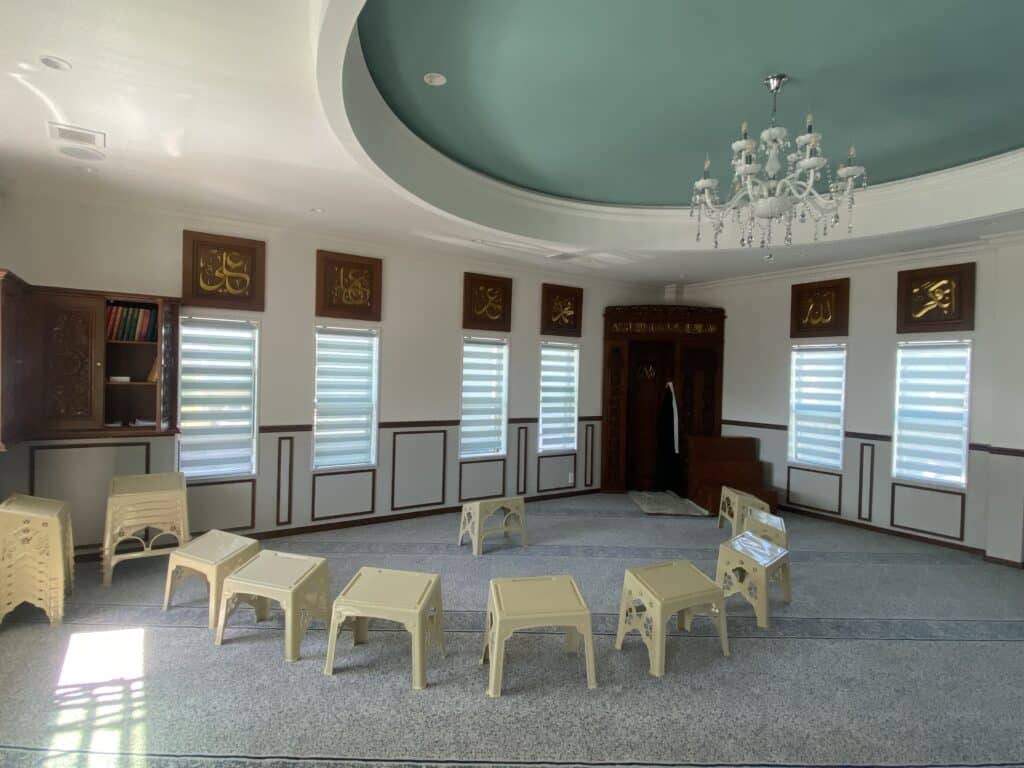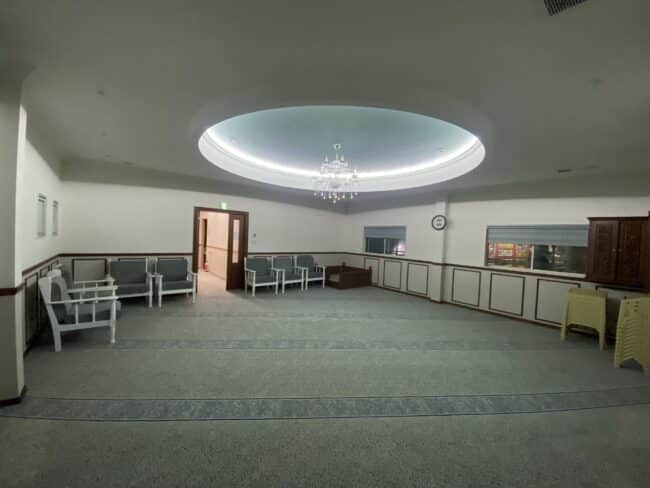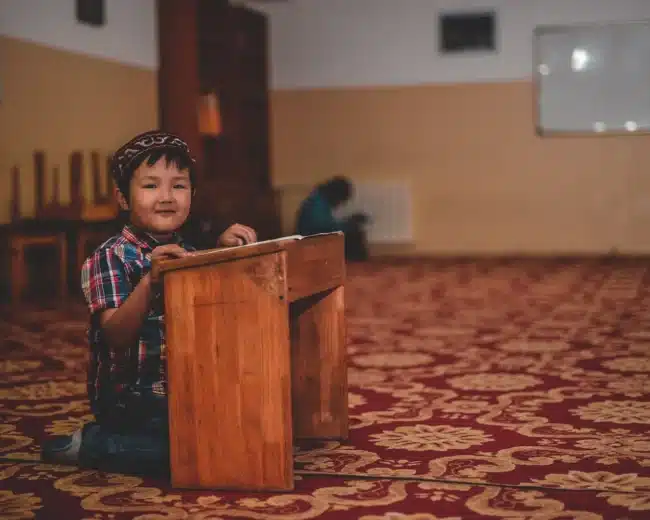What is Sadaqah?
Sadaqah refers to voluntary charity given out of compassion, love, friendship, religious duty, or generosity in Islam. It is intended to promote a spirit of kindness and empathy towards those in need. Sadaqah can be both material and non-material, including acts like a kind word, a smile, or helping someone in distress. The primary purpose is to seek the pleasure of Allah and benefit those who are less fortunate.

Who Gives Sadaqah?
Who Gives Sadaqah?
Sadaqah can be given by any Muslim who has the means to do so. There is no fixed amount or wealth threshold; it is based on voluntary intention. Islam encourages every Muslim, regardless of their wealth, to give whatever they can to help others. It is an act of worship that fosters a sense of responsibility and compassion within the community.
The Importance and Benefits of Sadaqah
Sadaqah is not only beneficial to the recipients but also brings numerous spiritual and societal benefits to the giver. These include:
- Forgiveness of Sins: Sadaqah is believed to expiate sins. The Prophet Muhammad (PBUH) said, “Charity extinguishes sin as water extinguishes fire.”
- Spiritual Comfort: Giving sadaqah brings inner peace and contentment, knowing that one has contributed to Allah’s pleasure.
- Social Solidarity: Sadaqah strengthens social bonds and fosters a culture of empathy and mutual support within the community.
- Increased Blessings: Sadaqah brings blessings and prosperity to the giver’s wealth. The Prophet (PBUH) said, “Charity does not decrease wealth.”
Who Receives Sadaqah?
Sadaqah should be given to those in need as specified by Islamic guidelines. These recipients include:
- The Poor (Fuqara): Those who are struggling to meet their basic needs.
- The Needy (Masakin): Individuals in even more severe poverty who cannot sustain themselves.
- Debtors: People who are overwhelmed by debt and unable to pay it off.
- Travelers (Ibn al-Sabil): Stranded travelers who find themselves in financial hardship.
- Orphans and the Helpless: Children and elderly individuals without family support.
- Muslim Students: Those facing financial difficulties in continuing their education.
What is Sadaqah?
Sadaqah means “money or goods given to those in need without expecting anything in return, with the sole purpose of gaining the pleasure of Allah (swt)”. In the Holy Qur’an and Hadiths, it is frequently recommended for believers to give alms and spend.
Millions of people in the world are being tested by poverty and hunger and are living their lives in a difficult way. Muslims are obliged to follow the Prophet’s (SAW) Hadith: “He who is full while his neighbor is hungry is not one of us.” They have adopted the principle of supporting those in need in accordance with the Hadith-i Sharif. In this respect, they compete to give alms and spend in the way of Allah.
What are the Types of Sadaqah?
The Prophet Muhammad (PBUH) said in a Hadith: “Protect yourself from the fire even with half a date. If you cannot find this, speak kind words that touch the heart” (Bukhari). Based on this hadith, one should pay attention to giving alms, even if it is a small amount in proportion to one’s financial situation. It is very rewarding to throw money into the piggy bank every day, even if it is a small amount, with the intention of charity, and to be instrumental in eliminating the deficiencies of those in need with the accumulation of this money.
Every support you will make to our association’s work is considered as charity. Establishing tables for those in need in oppressed geographies, providing educational support to students, donating Qur’anic Qurans to students of knowledge and giving scholarships are some of the types of charity.
In addition to all these, opening water wells in Africa and Asia and building mosques, masjids and orphanages in these regions are also considered as charity. Sadaqah al-cariah is a type of charity that continues to be rewarded after the death of the person who gives it.
What is Sadaqah Donation?
Giving alms is when a person helps someone in need in order to gain Allah’s pleasure. Charity donation, on the other hand, means that a person makes a donation to another person or institution and asks them to use this donation as charity.

Etiquette of Giving Sadaqah
When giving sadaqah, certain etiquettes should be observed:
- Discretion: Sadaqah should be given discreetly, away from public attention, to avoid any form of ostentation. This demonstrates sincerity and the intention to seek Allah’s pleasure.
- Kindness and Respect: Sadaqah should be given with kindness and respect, making the recipient feel valued and respected.
- Careful Consideration: Ensure that the recipients are truly in need and that the assistance provided is beneficial and of good quality.
Lessons for Children:
-
Quran Reading and Recitation
-
Tajweed
-
Basic Knowledge of Islam and Brief Fiqh
-
Islamic Morality
-
Islamic History (SIRAT AN NABI saw)
Courses for Adults:
-
Quran Reading and Recitation
-
Tajweed
-
Islamic Speeches
-
Short Fiqh
Programs for Non-Muslims:
-
Open Days: Programs organized to provide information about Islam














